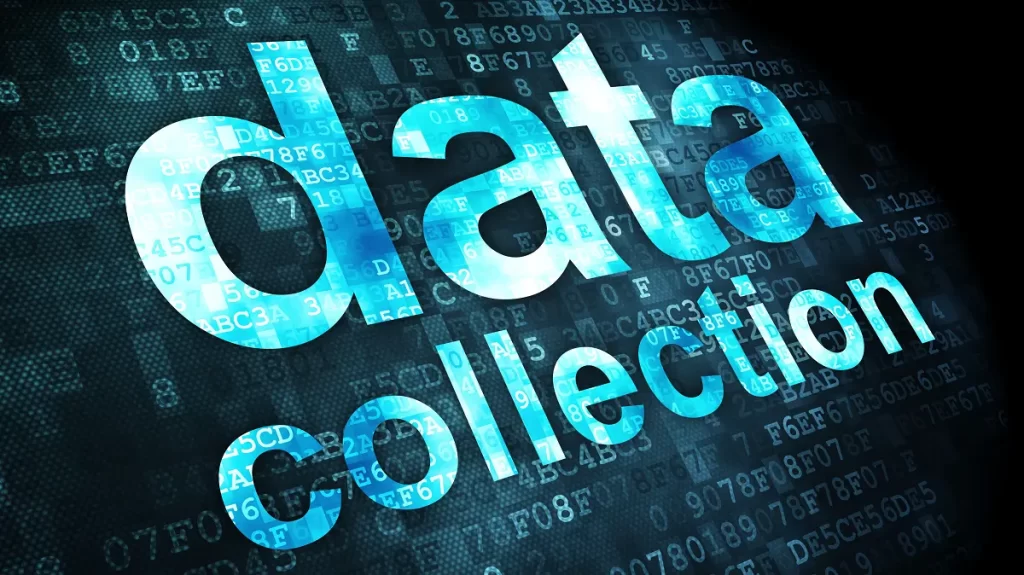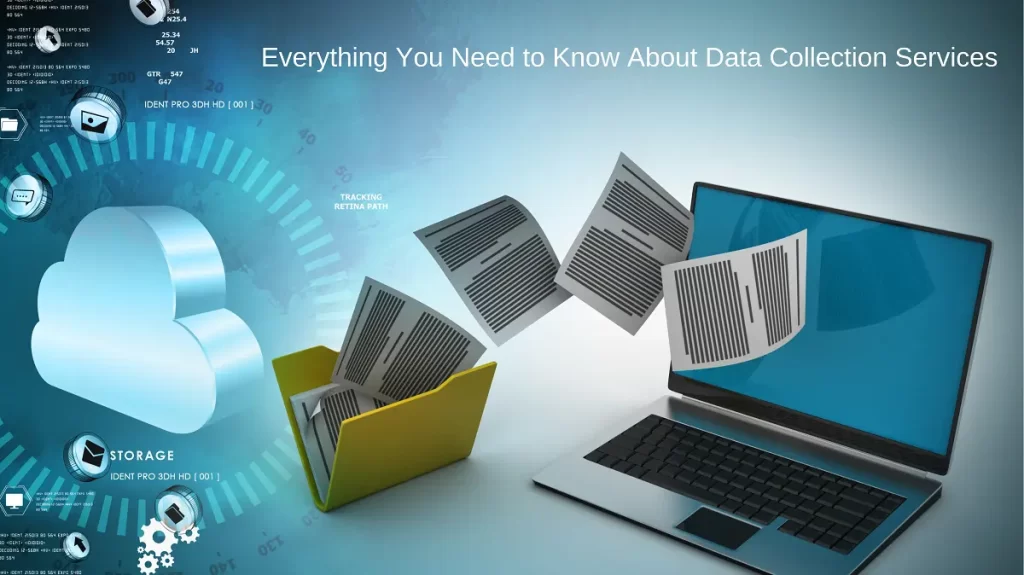Everything You Need to Know About Data Collection Services
In an increasingly data-driven world, businesses are discovering that the more they know about their customers, market, and competitors, the better they can innovate, adapt, and succeed. Data collection services have emerged as a powerful way to gather valuable insights in real time, helping companies make data-backed decisions that drive growth. But what exactly are data collection services, and why are they so essential?
Let’s dive into the world of data collection services and explore how they can transform the way businesses operate, strategize, and grow.
What Are Data Collection Services?
Data collection services are specialized solutions designed to gather, process, and manage data from multiple sources. These services are often offered by third-party companies and cover everything from public data scraping to real-time analytics. They collect a wide range of data types, such as customer preferences, competitor information, industry trends, and much more.

These services employ various methods and tools to collect data, including:
- Web scraping for extracting data from public websites.
- APIs (Application Programming Interfaces) to retrieve structured data from other systems.
- Surveys and forms to collect customer opinions and preferences.
- Social media monitoring to capture audience sentiment and trends.
- Geolocation and IoT data for insights based on physical movements and interactions.
- Transaction data for insights into purchasing behaviors
The data is often aggregated, cleaned, and analyzed, giving businesses meaningful insights without them having to manage the complex process of data gathering themselves.
Why Are Data Collection Services Important?
The value of data collection lies in its ability to turn raw information into actionable insights. Without accurate data, businesses risk making uninformed decisions that can lead to missed opportunities or misallocation of resources. Here are some reasons why data collection services are becoming indispensable:
- Enhanced Decision-Making: Data collection provides companies with accurate and current information, enabling them to make better decisions and minimize risks.
- Customer Insights: Understanding customer behavior and preferences helps businesses personalize offerings, enhance customer experience, and foster loyalty.
- Competitive Advantage: By gathering information on competitors and industry trends, companies can stay ahead in the market.
- Cost-Effectiveness: Outsourcing data collection to experts saves time and resources that would otherwise be spent on building and maintaining an in-house data collection system.
- Informed Marketing Strategies: Detailed insights into customer demographics and behaviors enable targeted marketing, optimizing campaigns for better ROI.
- Operational Efficiency: Data on processes, employee productivity, and resource allocation can improve operational workflows and reduce costs.
Key Types of Data Collection Services
Data collection services can be tailored to specific needs, ranging from customer insights to supply chain analytics. Here are some of the most common types:

- Market Research Data Collection
Market research is essential for businesses looking to enter new markets, launch products, or understand changing consumer trends. This service collects data on customer demographics, purchasing behaviors, market size, and growth potential. - Competitive Intelligence Gathering
Competitive intelligence involves collecting data on competitor strategies, pricing, product features, and customer feedback. With this information, businesses can adjust their strategies to remain competitive and find unique market positions. - Customer Feedback and Sentiment Analysis
Understanding customer sentiment allows companies to gauge brand perception and customer satisfaction. Data collection services analyze feedback from multiple channels, including social media, reviews, and surveys, to measure sentiment and identify improvement areas. - Product and Price Monitoring
For companies operating in dynamic industries like e-commerce, monitoring competitor products and prices is crucial. These services track pricing strategies, promotional offers, and product availability, allowing businesses to adjust their pricing to maximize profitability. - Web and Social Media Scraping
Web scraping is a popular data collection method that extracts information from public websites, while social media scraping gathers data from platforms like Twitter, Instagram, and LinkedIn. These services provide insights into public opinion, trending topics, and competitor activities.
The Process Behind Data Collection Services?
While each data collection service may have its unique approach, the process generally includes the following stages:
- Defining Objectives: Clearly defining the type of data and the purpose behind the data collection ensures that the process is aligned with business goals.
- Data Collection: Using various methods like web scraping, APIs, or direct surveys, data is gathered from selected sources.
- Data Cleaning: Raw data is often messy and inconsistent, so data collection services employ cleaning techniques to remove errors, duplicates, and irrelevant information.
- Data Integration and Storage: Cleaned data is integrated with existing data systems and stored in secure databases or data warehouses for easy access.
- Analysis and Reporting: Analyzing the collected data and transforming it into reports, dashboards, or other visual formats helps businesses interpret the information.
- Feedback and Optimization: Periodically reviewing the data collection process and adjusting it ensures that it remains efficient and aligned with evolving business needs.
How to Choose a Data Collection Service Provider?
Selecting the right data collection service provider is key to achieving your data goals. Here are a few considerations:
- Specialization: Choose a provider experienced in your industry or with expertise in specific data types you need.
- Data Quality: Ensure that the provider has robust data cleaning protocols to deliver high-quality, accurate data.
- Compliance: With data privacy regulations like GDPR and CCPA, select a provider that prioritizes data security and regulatory compliance.
- Scalability: As your data needs grow, the provider should be able to scale their services accordingly.
- Support and Customization: Look for a provider that offers ongoing support and can customize data collection processes to your unique needs.
Conclusion
Data collection services play a pivotal role in helping businesses gain the insights they need to remain competitive in a fast-paced world. By outsourcing data collection, companies can focus on their core operations while benefiting from a wealth of information that can guide their strategies, optimize operations, and enhance customer experiences.
Whether you’re a startup or an established corporation, hiring the best data collection service provider like Cohort Data can be a game-changer for your business.

